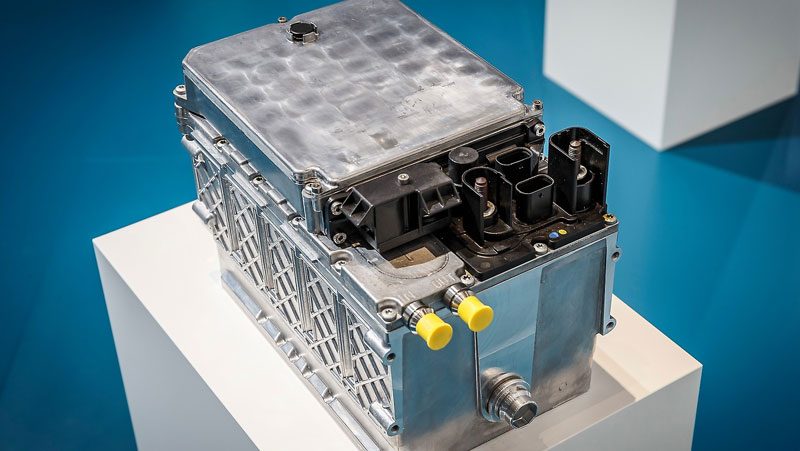Daimler, the German parent company of Mercedes brands, EV maker smart and a slew of commercial truck makers, is working towards a zero emissions future with a three-pronged approach to powertrains that includes all-electric and fuel cell solutions as well as ‘high-tech’ ICE vehicles and hybrids.
Head of Group Research and member of the Board of Management, Ola Källenius made the statements in an in-house interview published by the auto group this week, saying that the auto group expects that by 2025, some 25 per cent of their sales share will consist of battery-electric vehicles.
The remaining 75% will continue to run on fossil fuel, but with “electrified” options.
Mercedes-Benz is pouring more than €10 billion ($A16 billion) into developing the all-electric EQ range, while Mercedes-AMG is also working on a “performance hybrid” concept known as Project ONE, which plugs into the wall but as the Daimler executive says, “not exclusively”.
Despite the investment being put into electric car technology, Källenius says that, “I’m sure that the combustion engines will still be around for a long time to come.”
Regarding Daimler’s powertrain strategy to address vehicle emissions, he said, “on the road to emission-free driving we are continuing to pursue a three-lane drive system strategy: we are focusing on highly efficient high-tech combustion engines, systematic hybridisation and battery-electric or fuel cell drive.”
The outcomes of this strategy, which forms part of the group’s “Sustainability Strategy 2030”, include not only first of its battery electric range EQ, the Mercedes-Benz’s all-electric EQC, which debuted last month in Stockholm, but also a range of plug-in hybrids such as the S560e and the GLC F-Cell which is powered by hydrogen.
Its hybrid range will benefit from a 48-volt on-board battery to “allow further fuel savings” – technology that will be first applied to the new S-class with a six-cylinder in-line engine with an integrated starter generator, and later to the E-class; the auto group says this system was only previously available with high-voltage technology.

Their zero emissions strategies, Källenius says, will also continue to include diesel options, capitalizing on diesel’s “advantage regarding CO2 emissions”, having developed the new OM 654 “extremely clean and economical” diesel engine.
Källenius confirmed that the auto group intends to produce 10 all-electric vehicles and at least one electrified option for all Mercedes-Benz models (over 50 in total) by 2022, and asked when Daimler would get started in “concrete terms” with regards to the production of all-electric options, he said that the Mercedes-Benz EQC SUV would be launched in the first half of 2019.
The group’s microcar brand smart will go completely electric by 2020 in Europe and the USA.

Bridie Schmidt is associate editor for The Driven, sister site of Renew Economy. She has been writing about electric vehicles since 2018, and has a keen interest in the role that zero-emissions transport has to play in sustainability. She has participated in podcasts such as Download This Show with Marc Fennell and Shirtloads of Science with Karl Kruszelnicki and is co-organiser of the Northern Rivers Electric Vehicle Forum. Bridie also owns a Tesla Model Y and has it available for hire on evee.com.au.

